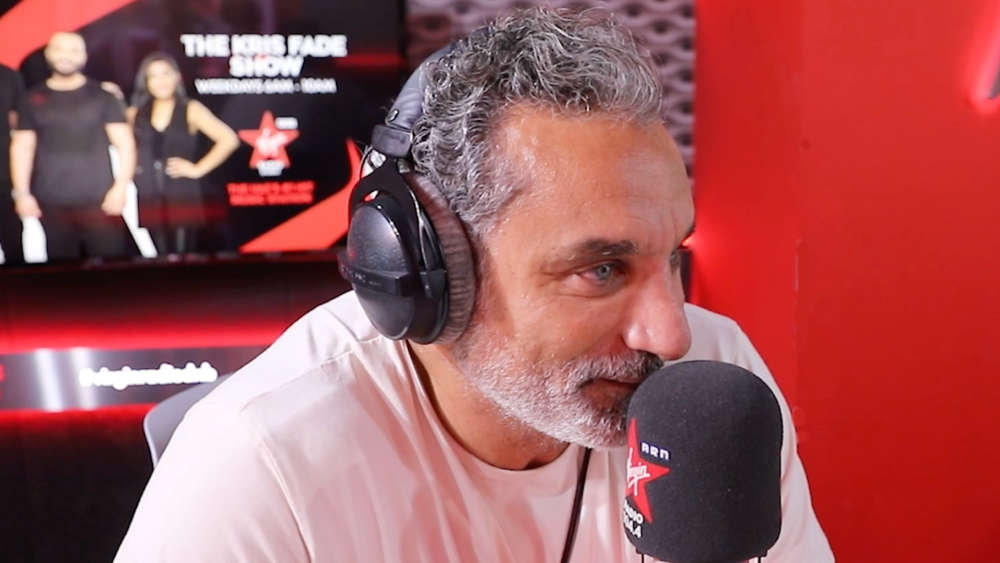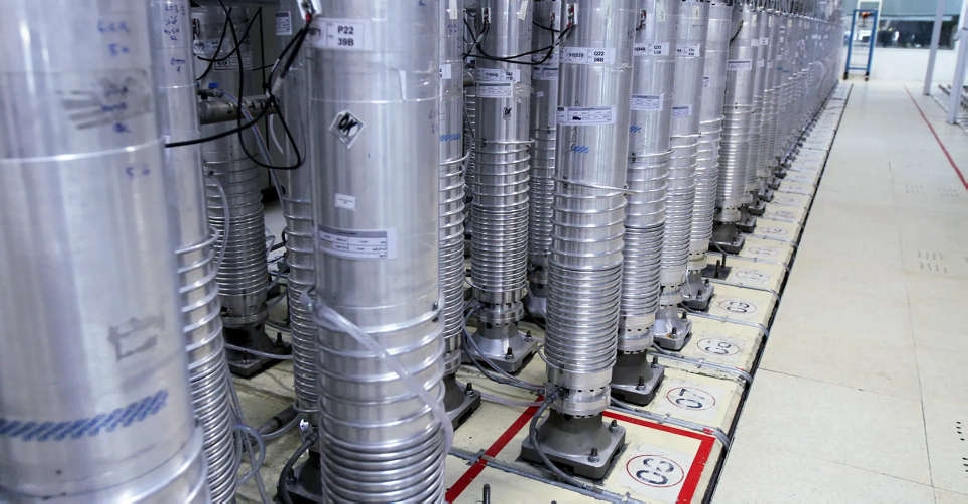
Iran said Friday it would launch a series of "new and advanced" centrifuges in response to a resolution adopted by the IAEA that censures Tehran for what the agency called lack of cooperation.
"The head of the Atomic Energy Organization of Iran issued an order to take effective measures, including launching a significant series of new and advanced centrifuges of various types."
Gas centrifuges spin uranium hexafluoride gas to separate uranium isotopes suitable for nuclear fuel, a process known as uranium enrichment.
The censure motion brought by Britain, France, Germany and the United States at the International Atomic Energy Agency's 35-nation board followed a similar one in June.
But it comes with tensions running high over Iran's atomic programme, with critics fearing that Tehran is attempting to develop a nuclear weapon -- a claim the Islamic republic has repeatedly denied.
The resolution -- which China, Russia and Burkina Faso voted against -- was carried with 19 votes in favour, 12 abstentions and Venezuela not participating, two diplomats told AFP.
The confidential resolution seen by AFP says it is "essential and urgent" for Iran to "act to fulfil its legal obligations".
The text also calls on Tehran to provide "technically credible explanations" for the presence of uranium particles found at two undeclared locations in Iran.
In addition, Western powers are asking for a "comprehensive report" to be issued by the IAEA on Iran's nuclear efforts "at the latest" by spring 2025.
The resolution comes just as the IAEA's head Rafael Grossi returned from a trip to Tehran last week, where he appeared to have made headway.
During the visit, Iran agreed to an IAEA demand to cap its sensitive stock of near weapons-grade uranium enriched up to 60 percent purity.
In 2015, Iran and world powers reached an agreement that involved the easing of international sanctions on Tehran in exchange for curbs on its nuclear programme to guarantee that Tehran could not develop a nuclear weapon -- something it has always denied seeking to do.
But the United States unilaterally withdred from the accord in 2018 under then-president Donald Trump and reimposed biting economic sanctions, which prompted Iran to begin rolling back on its own commitments.
Tehran has since significantly decreased its cooperation with the agency by deactivating surveillance devices monitoring the nuclear programme and barring UN inspectors.
At the same time, it has ramped up its nuclear activities, including by increasing its stockpiles of enriched uranium and the level of enrichment to 60 percent.
That level still falls short of the 90 per cent plus level required for a nuclear warhead but is substantially higher than the 3.67 per cent limit it agreed to in 2015.



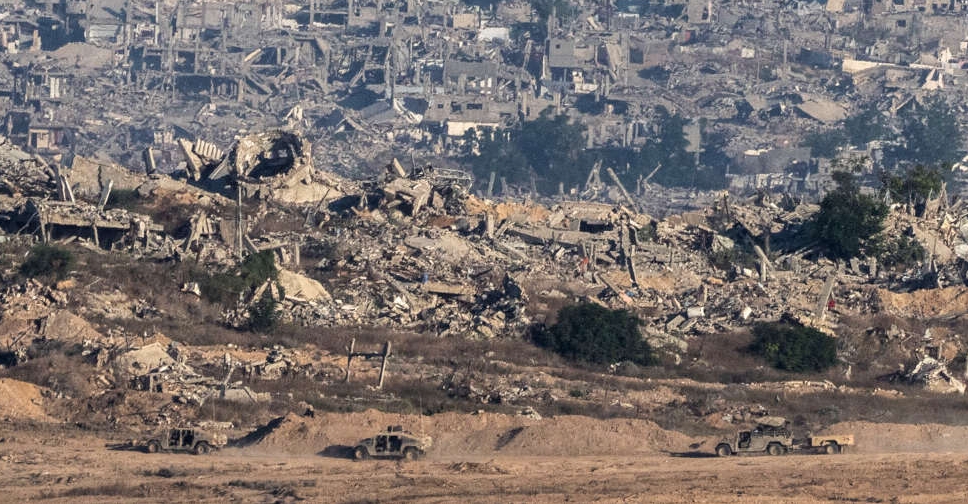 Israel sends delegation to Qatar for Gaza talks ahead of Netanyahu trip to US
Israel sends delegation to Qatar for Gaza talks ahead of Netanyahu trip to US
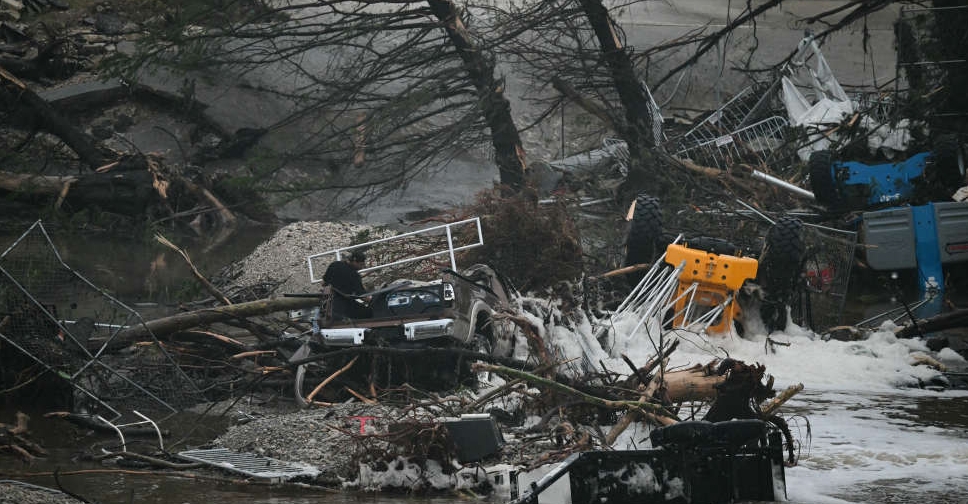 Death toll from Texas floods reaches at least 50; dozens still missing
Death toll from Texas floods reaches at least 50; dozens still missing
 Musk announces forming of 'America Party' in further break from Trump
Musk announces forming of 'America Party' in further break from Trump
 Leaders of growing BRICS group gather for Rio summit
Leaders of growing BRICS group gather for Rio summit
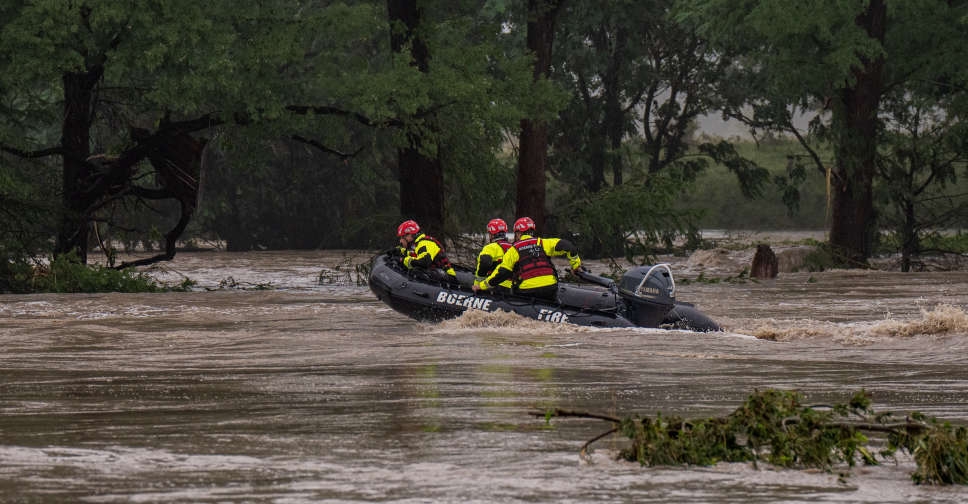 At least 24 dead in Texas flash flooding
At least 24 dead in Texas flash flooding




